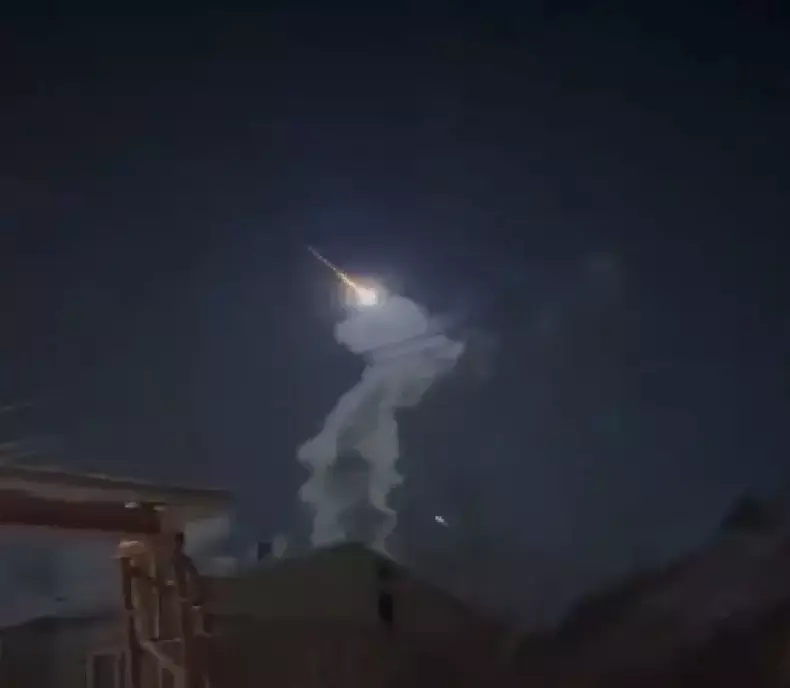Asteroid collides with Earth, creates fireball over Russia
Asteroid collides with Earth, creates fireball over Russia

A small asteroid, approximately 70 cm in diameter, collided with Earth over northern Siberia on Tuesday, December 3. The European Space Agency (ESA) confirmed the asteroid's impact, noting that it was harmless. The celestial object was detected about 12 hours before it transformed into a spectacular fireball in the sky above Yakutia, Russia.
Numerous witnesses observed the event as the asteroid disintegrated into multiple fragments upon entering Earth's atmosphere. Thankfully, no injuries or significant damage were reported.
This asteroid is similar to previous entries like 2022 WJ, 2023 CX1, and 2024 BX1, which also created stunning displays during their atmospheric entries. The ESA posted on X, "Incoming! A small asteroid has just been spotted on a collision course with Earth. At around ~70 cm in diameter, the impact will be harmless, likely producing a nice fireball in the sky over northern Siberia around seven hours from now at ~16:15 +/-."
Hera Spacecraft Investigates Previous Asteroid Impact
In related news, the European Space Agency's Hera spacecraft embarked on a two-year mission to investigate the aftermath of a cosmic collision orchestrated by NASA. Launched in October from Cape Canaveral by SpaceX, Hera's mission is to study the small, harmless asteroid Dimorphos, which was struck by NASA's Dart spacecraft in 2022 as part of a planetary defense test.
The Dart mission, short for Double Asteroid Redirection Test, successfully altered Dimorphos' orbit around its larger companion, demonstrating that a dangerous asteroid could potentially be deflected if detected early enough. Scientists are keen to analyze the impact's effects to refine future deflection strategies.
University of Maryland astronomer Derek Richardson emphasized the importance of detailed observations, stating, "The more detail we can glean, the better, as it may be important for planning a future deflection mission should one be needed."
Researchers are particularly interested in determining whether Dart left a crater or dramatically reshaped the 500-foot (150-meter) asteroid. The findings from Hera's mission will provide crucial data for enhancing planetary defense measures in the future.
Video of the 70cm asteroid that entered earths atmosphere over northern Siberia today ☄️ pic.twitter.com/YABlrPRtaO
— Volcaholic 🌋 (@volcaholic1) December 3, 2024

